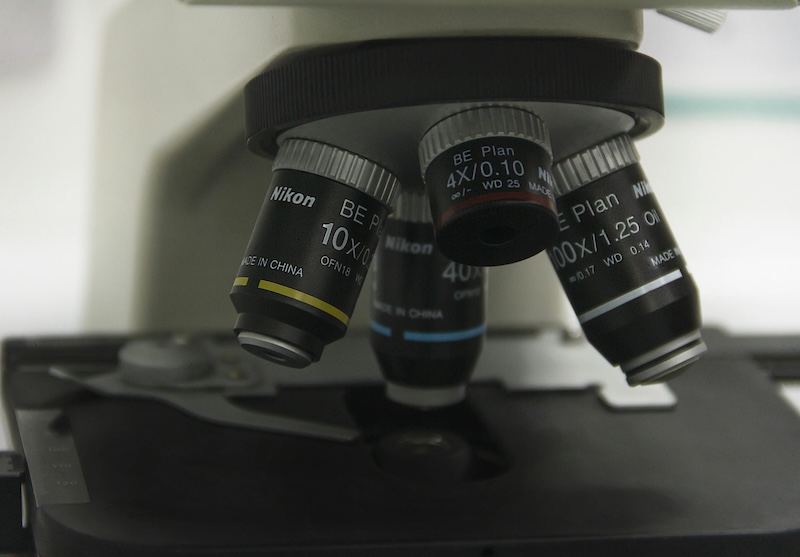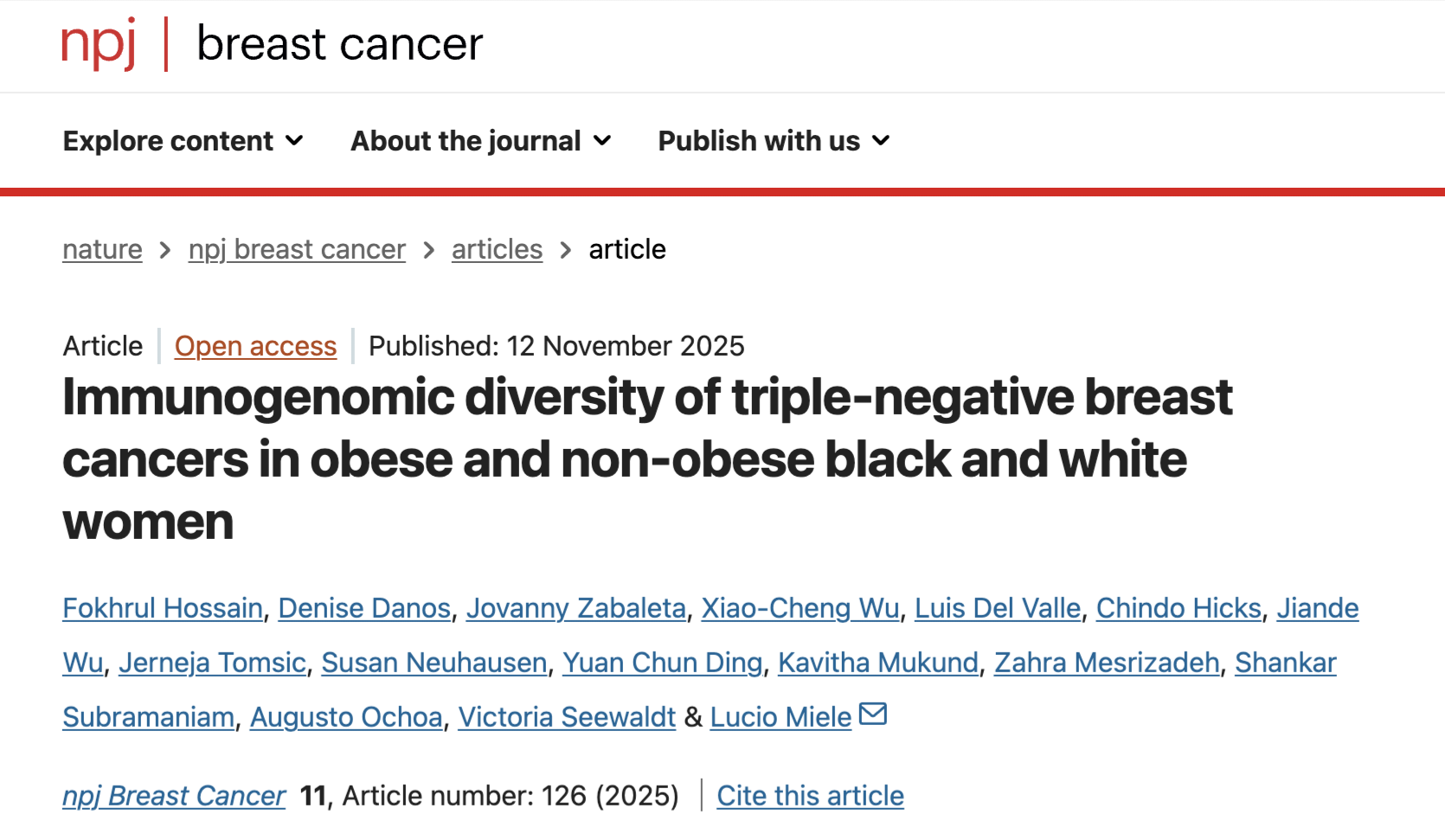
COVICan Free COVID Prevention Kits for Cancer Patients
The latest COVID variant is called FLiRT and Tulane Cancer Center Member and Associate Professor Michael Hoerger, PhD, says it is “nothing to flirt with,” especially if you are a cancer patient. Dr. Hoerger is also Co-Lead of the Louisiana Cancer Research Center’s Population Sciences & Disparities program.

His analysis of wastewater surveillance data indicates that the United States is about a quarter of the way through the second wave of COVID this year, driven by waning immunity from December/January holiday infections. Summer travel and the start of school will trigger more infections, he says.
For people undergoing cancer treatment, a COVID infection is extremely serious. If someone with cancer catches COVID, they typically will need to discontinue anti-cancer treatments on average for 35 days, and 10% will need to stop treatment for at least 3 months, Dr. Hoerger says.
“Cancer treatments can suppress people's immune systems and their diminished vaccine antibody response makes them more vulnerable with a greater chance of hospitalization and even death,” Dr. Hoerger says. “They are also more likely to develop long COVID with long term and often debilitating symptoms.”
Dr. Hoerger is leading a pilot project, “COVI-CAN”, to gather valuable data on the feasibility and acceptability of this kit which promotes preventive measures to avoid COVID. The pilot study is funded in part by the American Cancer Society and Tulane University’s Lavin Bernick program.
The free kit includes:
• An educational booklet with updated COVID related information for patients and families dealing with cancer.
• Fifty high quality masks, N95 or similar grade for the patient and family members, based on prior needs and experience as well as what would be helpful. Recipients are surveyed about their knowledge of proper mask usage and fitting.
• Five COVID rapid tests to detect infection among family members and themselves.
• Two air purifiers to ensure clean air for patient, especially if transmission happens at home.
Recipients must first complete a survey before receiving the kit and they are surveyed during the program. “We're basically trying to find out what do people like about this? What do they use? What didn't they find helpful? What didn't they use?”
Cancer patients can obtain a kit by emailing Dr. Hoerger: mhoerger@tulane.edu or calling 504-544-9001.
"Patients with malignancy are more susceptible to severe illness and death from COVID. COVI-CAN is a great population science study because it may provide us more nuanced understanding on how to better prevent COVID amongst cancer patients,” said Nupsius E. Benjamin-Robinson, DrHSc, CPH, Director of LCRC’s Office of Community Outreach and Engagement.
Each year, more than 26,000 Louisianans receive a cancer diagnosis. The Louisiana Cancer Research Center serves as a collaborative hub that advances cancer research, improves prevention, and accelerates innovative treatments. LCRC brings together the collective talent of more than 200 researchers from across the state and four member institutions – LSU Health New Orleans, Tulane University School of Medicine, Xavier University of Louisiana, and Ochsner Health – to improve cancer outcomes for Louisianans and all those touched by the disease. https://www.louisianacancercenter.org/




